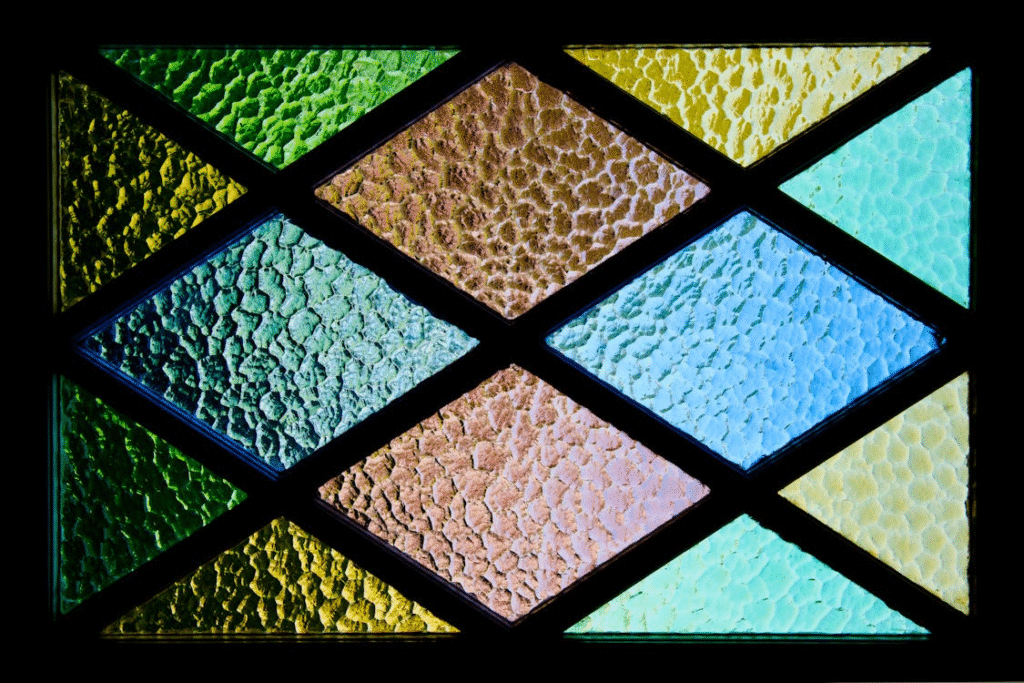In industries ranging from automotive and architecture to electronics and healthcare, surface durability and performance are critical. Exposure to moisture, abrasion, chemicals, and environmental contaminants can degrade materials over time, leading to costly repairs, reduced efficiency, and compromised aesthetics. Modern coating solutions have emerged as a powerful answer to these challenges, offering advanced protection and functionality for a wide variety of surfaces. These coatings are engineered to address specific problems, extending the life of materials while improving their appearance and usability.
Preventing Corrosion and Oxidation
Corrosion is one of the most persistent threats to metal surfaces, especially in environments with high humidity, salt exposure, or industrial pollutants. Traditional paints and sealants offer limited protection and often require frequent reapplication. Modern coatings, however, are formulated with advanced polymers and nanotechnology that create a robust barrier against moisture and oxygen.
These coatings bond tightly to the substrate, preventing the electrochemical reactions that lead to rust and degradation. Industries such as marine, aerospace, and infrastructure rely heavily on corrosion-resistant coatings to maintain structural integrity and reduce maintenance costs. By minimizing oxidation, these solutions help preserve both the function and appearance of metal components over time.
Reducing Surface Wear and Scratching
High-traffic surfaces, whether in commercial buildings, vehicles, or consumer electronics, are prone to wear and scratching. Over time, this damage can affect performance, reduce clarity, and diminish the overall value of the product. Modern coating technologies incorporate hardening agents and self-healing properties that significantly improve surface resilience.
Scratch-resistant coatings are commonly used on glass, plastics, and painted surfaces to maintain a polished finish and reduce the need for frequent touch-ups. In automotive applications, these coatings help protect paint from road debris and environmental exposure. For touchscreen devices, they enhance durability without compromising sensitivity or clarity. The result is a longer-lasting surface that retains its original quality even under demanding conditions.
Enhancing Water and Dirt Repellency
Water spots, mineral deposits, and grime can quickly accumulate on untreated surfaces, especially glass and ceramics. These contaminants not only obscure visibility but can also lead to staining and etching if left unaddressed. Hydrophobic and oleophobic coatings have revolutionized surface maintenance by repelling water, oils, and dirt.
These coatings work by altering the surface energy, causing liquids to bead and roll off rather than spread and adhere. This technology is widely used in shower enclosures, solar panels, and exterior windows to reduce cleaning frequency and maintain clarity. Companies like DFI Solutions specialize in protective coatings that offer long-term repellency and ease of maintenance, helping both residential and commercial clients preserve their glass surfaces with minimal effort.
Improving Chemical Resistance
In industrial and laboratory settings, surfaces are often exposed to harsh chemicals that can degrade materials and pose safety risks. Traditional finishes may break down under repeated exposure, leading to contamination or equipment failure. Modern coatings are engineered to resist a wide range of chemicals, including acids, solvents, and disinfectants.
These chemically resistant coatings are applied to countertops, flooring, and equipment to ensure longevity and compliance with safety standards. In healthcare environments, they help maintain sterile conditions and reduce the spread of pathogens. By providing a durable shield against chemical attack, these coatings support operational efficiency and reduce the need for costly replacements.
Conclusion
Modern coating solutions have transformed how we protect and maintain surfaces across industries. By addressing common problems such as corrosion, wear, contamination, and chemical exposure, these technologies offer a proactive approach to material preservation. Whether enhancing durability, simplifying maintenance, or improving safety, coatings play a vital role in extending the life and performance of everything from architectural glass to industrial machinery. With continued innovation in this field, businesses and consumers alike can benefit from smarter, more resilient surfaces that stand the test of time.


